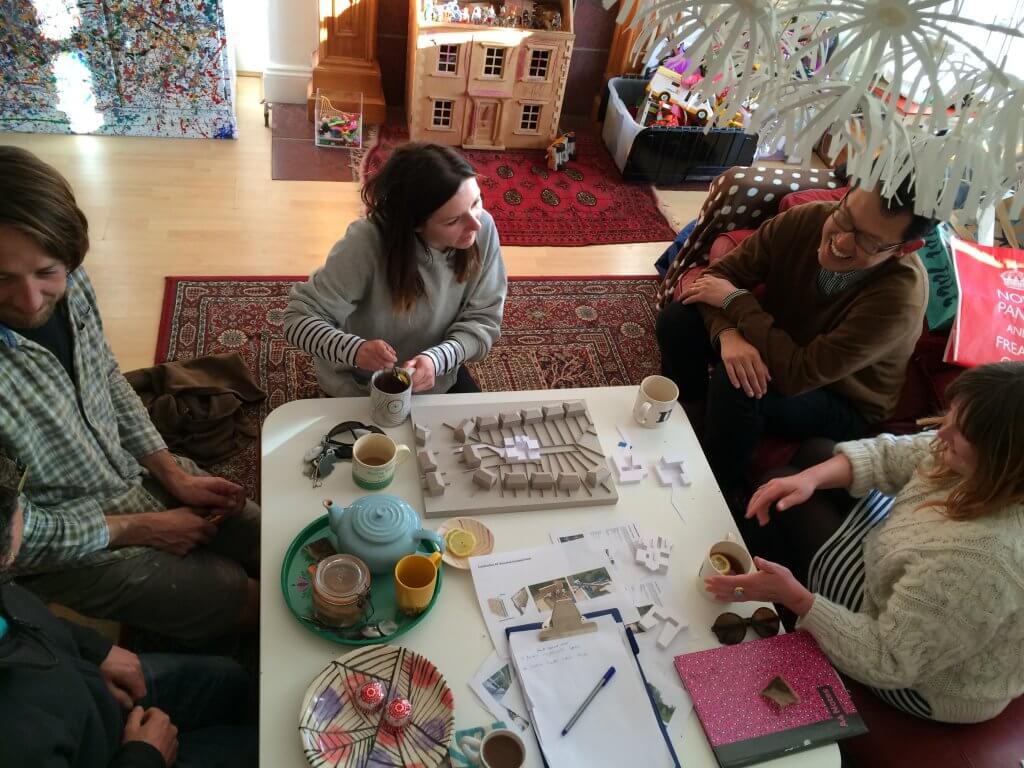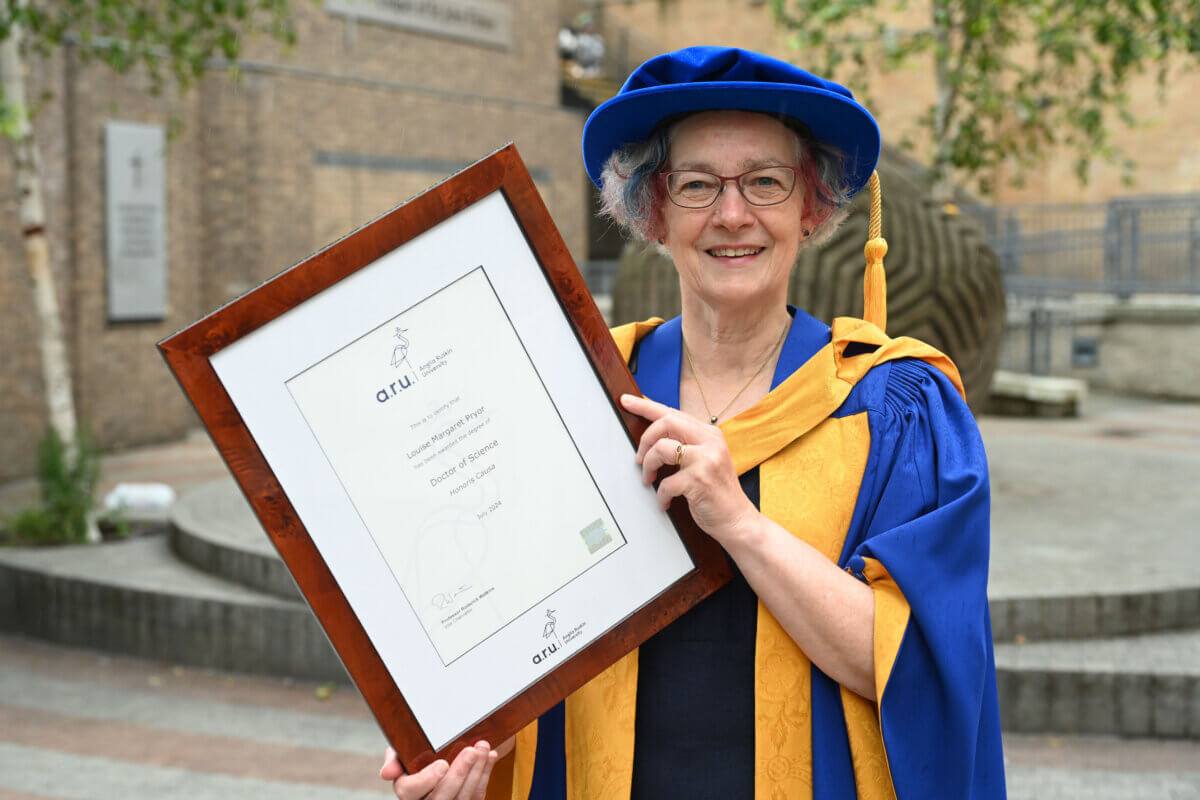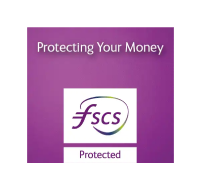Opening Lenders’ Doors To Community-Led Housing

A new report from Community Led Homes explores how to encourage more banks and building societies to get behind the community-led housing sector after finding a lack of awareness amongst lenders when it comes to affordable ‘discounted market value’ homes.
A community-led response to the housing crisis
Demand for community-led housing (CLH) has surged in the past three years. The sector has plans for more than 23,000 homes – nearly five times estimates from 2017 – and offers people at threat of being priced out of their local area the chance to buy or rent affordable, high-quality homes. Yet, despite the sector’s many successes and its potential in tackling the affordable homes crisis, a new report from the Community Led Homes Partnership* shows that many lenders remain unfamiliar with CLH.
Here at Ecology, our job is to support more people to live sustainably. That means lending for properties and projects that build strong, interconnected communities and which enable people to live in ways that are aligned with our planet’s capacity to support us. With its focus on long-term well-being, community-led housing delivers this in spades and, while alone it may not be a silver bullet to the housing crisis, it is well-placed to play a significant role in the development of a more resilient and sustainable housing sector.
We consider CLH to be a vital part of Ecology’s lending, yet we also know that robust support is needed from multiple lenders if the community-led sector is to realise its full potential.
Establishing affordable homes
The CLH sector includes a diverse mix of socially rented homes, affordable rented homes, shared ownership homes and discounted market value (DMV) sales. DMV sales are a form of home ownership whereby homes are sold to eligible buyers below market value – this can be at a fixed percentage of the market value or pegged to average local incomes.
One variant of the DMV approach can be seen at the Ecology-backed St. Clements development led by the London Community Land Trust. The Trust owns 23 affordable homes within a newly converted Victorian workhouse, the prices of which are fixed at an agreed ratio to local incomes. To be eligible to buy one of the properties, potential buyers must meet certain criteria, which include being a local resident who is at high risk of being priced out of the area.
A similar model has been adopted by Granby 4 Streets, another Ecology-supported community land trust, which is providing affordable homes to rent and buy in Liverpool’s Toxteth neighbourhood.
Projects like these offer an innovative solution to the UK’s current affordability crisis. However, the new report from the Community Led Homes partnership has found that, despite increasing demand for DMV, over half of all lenders are unfamiliar with the concept and there are limited mortgage options available to builders and buyers of DMV homes. The partnership’s research is especially timely given that the government’s latest affordable housing programme, First Homes, is a form of DMV. The 1,500-unit pilot announced in the Prime Minister’s ‘Build, Build, Build’ speech will launch in 2021.
Getting lenders behind community-led housing
Ecology has a long history of developing flexible mortgages that can support the needs of community-led projects that fall outside the ‘tick-box’ criteria of many lenders. In the face of a growing affordable homes crisis, it’s important to us that the CLH sector continues to flourish and, for this to happen, lenders’ awareness of and support for non-standard tenures, such as DMV sales, needs to improve.
Community Led Homes’ report looks at how lenders can be encouraged to develop mortgage products that will support more community groups to develop and manage their own homes. The partnership intends to convene a specialist taskforce of lenders, together with Homes England, to encourage the creation and growth of DMV products – something that Ecology has already signed-up to so that we can share our expertise with others.
The report also makes the case for the development of standard structures for DMV to deliver an ‘easy’ route for lenders who are new to all this – such structures might include a standard lease template that can be adapted to the individual needs of different groups.
Aligning the community-led housing sector’s ambitious and real potential to build a more sustainable future with the often slower-moving and heavily regulated finance sector will need a concerted effort from both sides to develop a shared understanding of what needs to be achieved. But, as we’ve seen time and again through the inspiring community-led groups that we support, extending the hand and having that first conversation, whatever each participant’s initial knowledge or experience, is the first step to building something remarkable.
To read Community Led Homes’ latest report click here. To find out more about some of the projects that Ecology has supported, head to our projects page.
*Community Led Homes is a partnership between the National Community Land Trust Network, the Confederation of Co-operative Housing, the UK Cohousing Network, and Locality.



